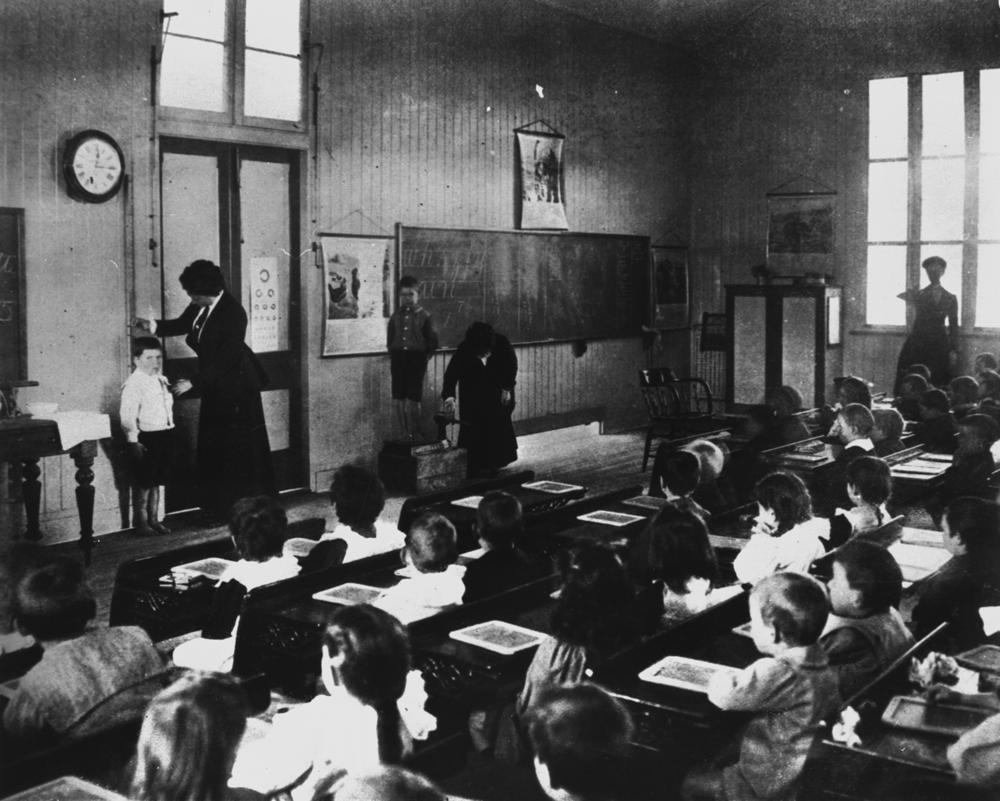
In a TEDx talk, Callie Vandewiele says traditional schooling is outdated.
Unschooling – allowing children to follow their own interests and learn at their own pace – may better equip them for the challenges of 21st century that traditional classroom teaching, a Gates Cambridge Scholar argues in a just published TEDx talk.
Callie Vandewiele gave the TEDxCambridgeUniversity talk earlier this year based on her own experiences of being unschooled until the age of 16.
She says there is a growing interest in how we learn things and what makes learning effective. This includes looking at open schools, ‘not schools’, Montessori and homeschooling.
Unschooling is totally personalised around the child and determined by that they want to study and when and how they work. Callie [2014] says it keeps educators on their toes as they have to work with the children to provide the resources they need.
All Callie’s siblings were unschooled and she says they have all prospered – she is doing a PhD in Latin American Studies [https://www.gatescambridge.org/news/fabric-life]; her siblings include a firefighter, an elementary school teacher, a software design engineer, a college student and a filmmaker. She says that in the US 3% of students are homeschooled and 10% of that number are unschooled.
Her generation is the first one where there are sufficient numbers to study the impact of different ways of learning. A recent Boston College study of 75 people in the US who were unschooled for at least three years shows 83% of people who were unschooled went on to university. Some 80% who were unschooled for their entire education worked in creative fields. Forty per cent of the total were working in STEM-related fields; 50% had started their own business at some point; and 100% sought out creative or meaningful work over work that provided high financial reward. They also had a strong interest in giving back to their community and making the world a better place.
Callie says that the world and industry is changing so the education system needs to prepare the next generation to engage with the world in new ways. Traditional schooling worked for the industrial age, turning an illiterate population into a literate one, she says, but the challenges the world currently faces are ones we have never faced before and they need new thinking, an ability to think creatively and outside the box, to explore and produce solutions that have not been built before. Unschooling is a way of providing the skills necessary for the 21st century, she argues.
Picture credit: Wikimedia Commons












